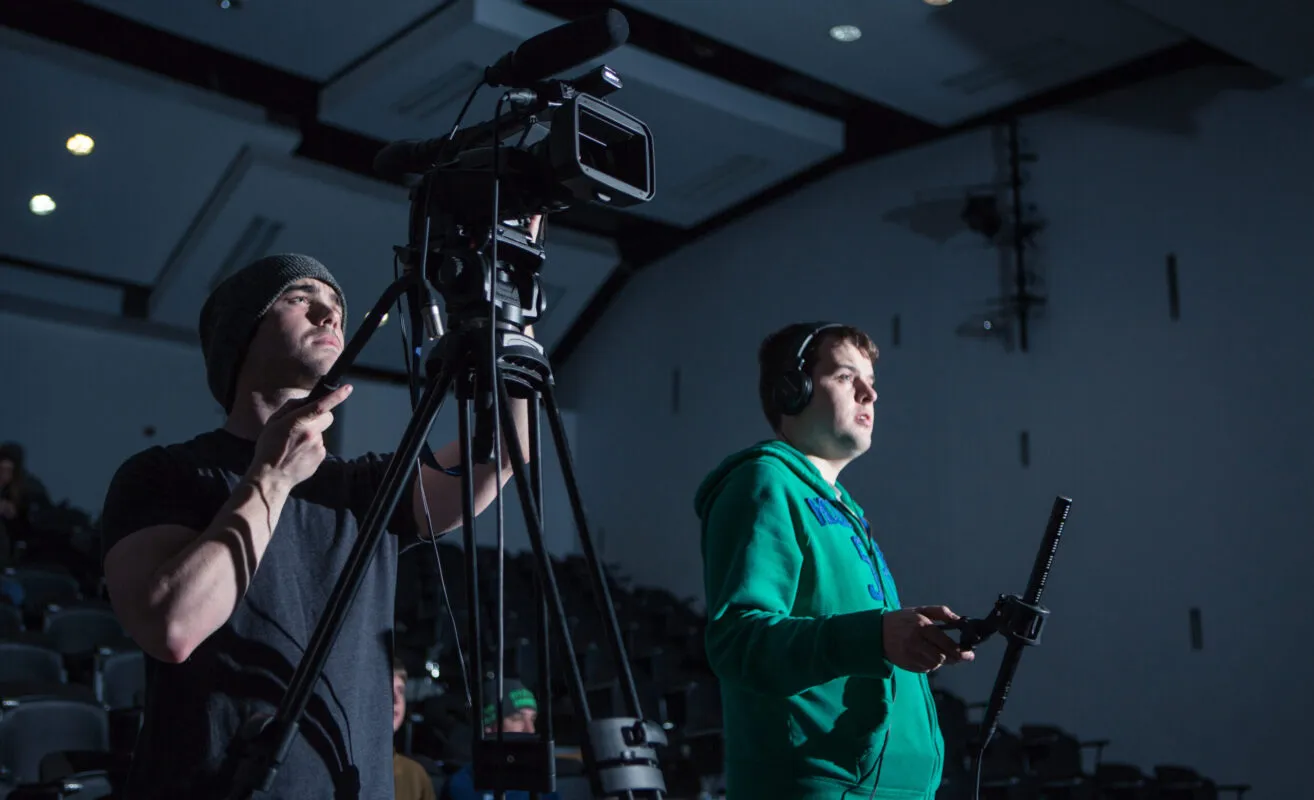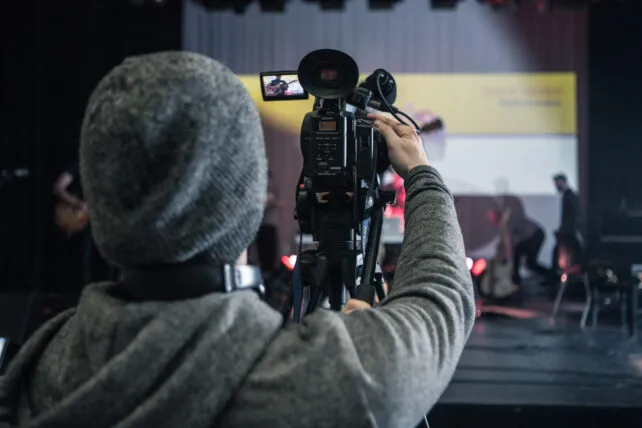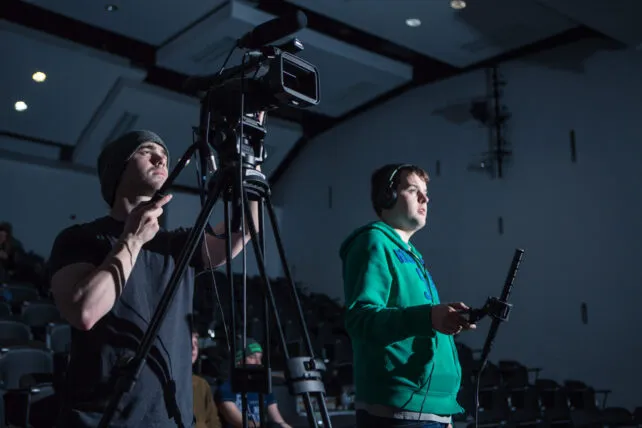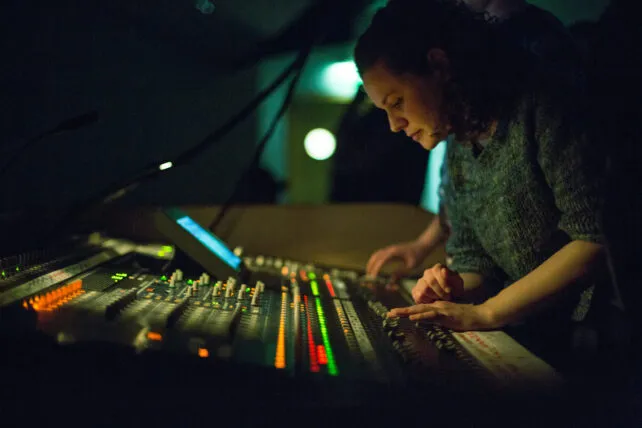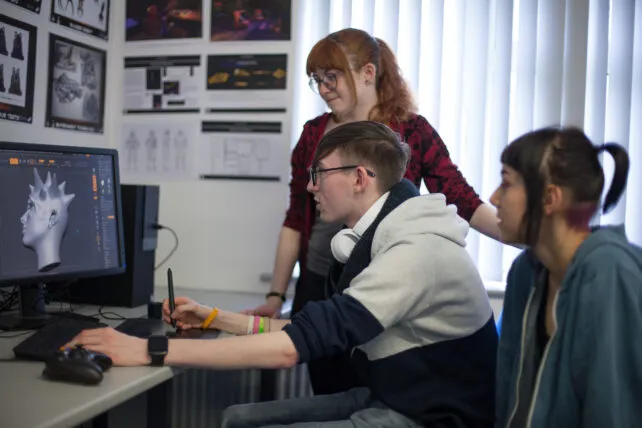Features of the Programme
- Industry-led Production & Post-Production Practices including Digital Photography & Cinematography Techniques; Creative Design for CGI, VFX & Digital Art Direction; Audio production techniques and sound design; Screenwriting and Film Studies
- Media Production Industry Work Practice/ Placement/ Exchange in Year 3 for full Semester
- In-house Production Unit offering structured industry work practice opportunities to students in Year 3
- Outstanding graduate employment opportunities in Film and Broadcast Media industries
- Semesterised module delivery offering elective pathways towards specialisation
- Engagement and track record of award-winning student productions in national and regional competitions and Film Festivals
- Students are part of the vibrant Limerick School of Art and Design community


